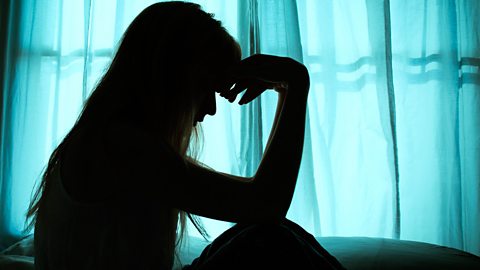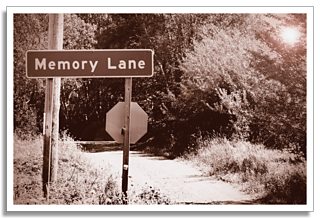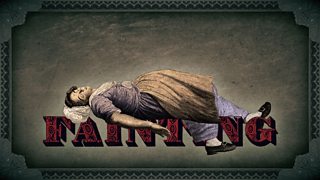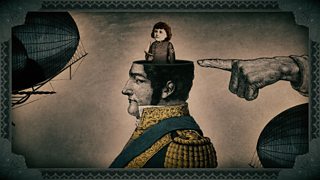Déjà vu: Eight things you probably haven't heard before
You know the feeling – you’ve been there before, you’ve had that conversation already. Except you know that’s impossible. It was a déjà vu.
In Curious Cases, Adam and Hannah investigate that funny feeling of the familiar. Here are some of the things they learned:
1. Travel is a déjà vu trigger
Typically, déjà vu is about places and you tend to feel it most strongly during completely new, novel experiences, says déjà vu researcher, Chris Moulin. This is because unfamiliar places offer the biggest potential “conflict” between the strong sensation that something is familiar and the knowledge that it can't possibly be a memory.

Studies have found that the more people travel, the more they experience déjà vu.
2. Younger people have more déjà vus
You’ll experience déjà vus most often when you are young but not more than about once a month. The frequency drops off to around half that rate by the time you reach 40 or 50. When you’re in your 60s, you’ll be lucky to have one a year.
3. Some people have day-long déjà vus
For most people, it’s a rare and fleeting feeling but in rare cases déjà vu can be a serious problem.
Lisa from Manchester started experiencing severe episodes of déjà vu at the age of 22 and says they could last all day. “I’d wake up in the morning sometimes and straight away I’d feel that sense of familiarity,” she says.
Lisa’s episodes became more frequent and intense, affecting all her senses, as you can hear in the clip below. Eventually she discovered that her experiences were related to a type of epilepsy – called temporal lobe epilepsy – and was able to get treatment.

Extreme déjà vu

Déjà vu “was with me the whole day”
Lisa from Manchester describes her severe episodes of déjà vu which could last all day.
4. Déjà vus are caused by a misfiring memory circuit
By studying people who experience regular, intense déjà vus, scientists have been able to understand possible causes. They think the sensation is connected to a part of your brain called the temporal lobe which is responsible for that feeling you get when you’ve experienced something before. If a circuit fires when it is not supposed to, it creates a false memory or false sense of familiarity.

Other less likely explanations have included a theory about two parallel universes colliding at the moment of déjà vu. Another theory involved reincarnation.
5. A “fact-checking” system in your brain restores reality
Scientists believe there’s a second system in your brains which is supervising what goes on in the temporal lobe. It’s been described as a fact-checking system which helps you realise you are mistaken and ends the déjà vu.
6. You might think you can predict the future
During a strong déjà vu, you might have the feeling of being able to predict what will happen next. Chris Moulin says this is because our memory system does help us predict the future. “That’s why we have memory – it’s to help us not to make the same mistakes again and to anticipate what’s about to happen”, he says. So, sometimes, when a déjà vu involves more areas of the brain than usual, it might touch emotions and stored imagery and give you the feeling of knowing what’s coming next.
7. Jamais vu is the opposite of déjà vu
Jamais vu is the experience of knowing something is familiar and yet it feeling strange. You can experience this when you look at the face of somebody you know and suddenly they look like a stranger. You might also notice it with words when you go to write a word and for a moment it seems wrong. Chris Moulin says you can induce this feeling by repeating a familiar word until it loses its meaning and becomes just a sound.
8. Parapsychologist Émile Boirac first used the term "déjà vu"
Émile Boirac described the sensation of false familiarity in a letter to the French journal, Revue Philosophique, in 1876. For a long time, déjà vu was considered to be a paranormal experience.























